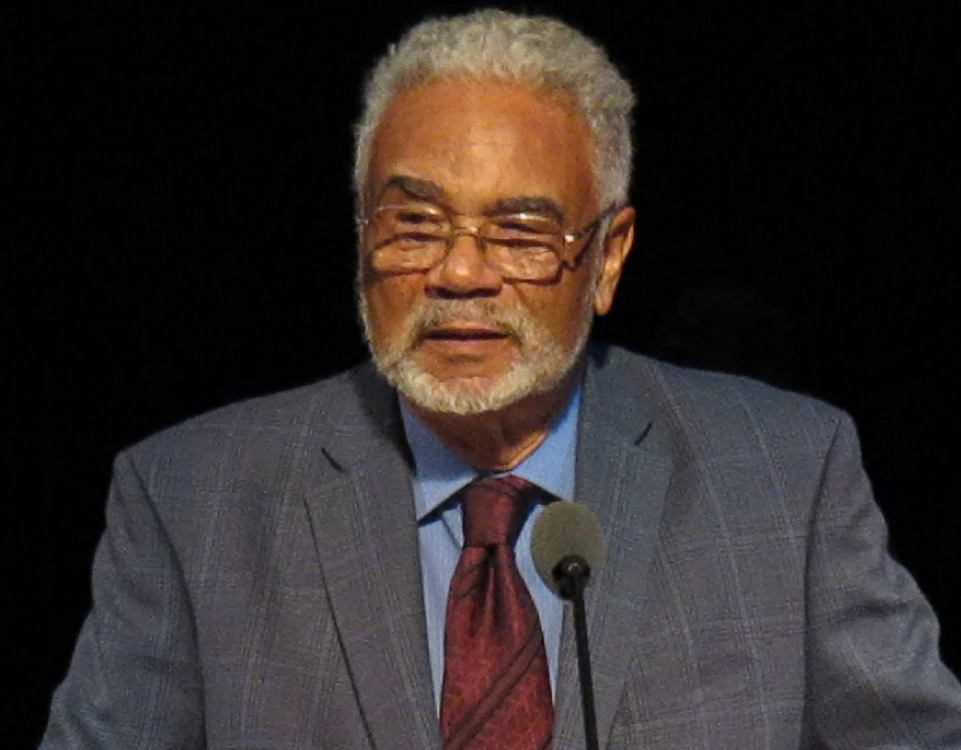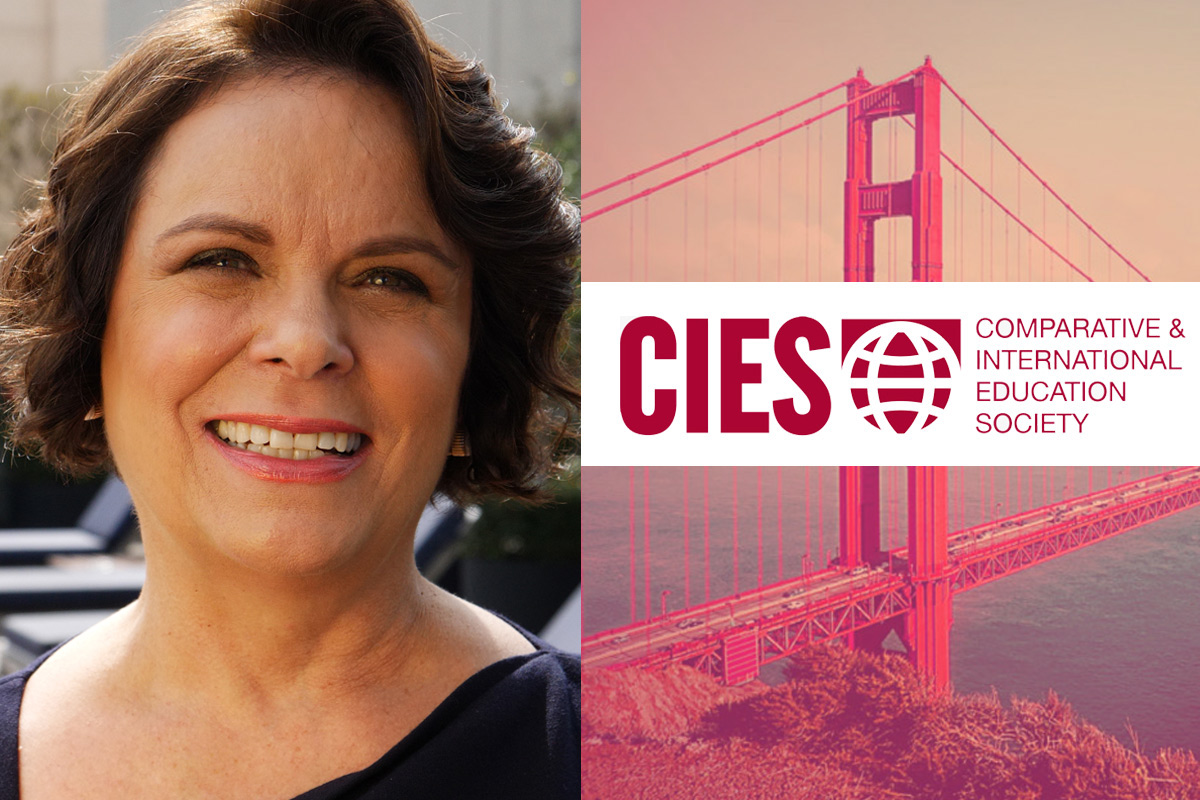When Regina Cortina arrived from Mexico 40 years ago to begin her graduate studies at Stanford University, the renowned linguistic anthropologist Shirley Brice Heath informed her, “You are now a Latin American.”
“This was puzzling because I had always thought of myself as Mexican,” writes Cortina, Professor of Education, in the address that she will deliver on Tuesday, April 16th, at 6:45 Pacific Standard Time, at the annual meeting of the Comparative and International Education Society (CIES), held this year in San Francisco. “Thus I had effectively had a new identity, and it has shaped the work I have done ever since my introduction into the field of comparative education.”
In a talk titled “The Passion for What is Possible in Comparative Education,” Cortina, who is concluding her presidency of CIES, reflects on Western social science and “its dominance over frameworks of analysis used by comparative education scholars to understand Latin American societies and cultures.” Calling for a shift from “a Eurocentric or Western perspective to a South-North perspective,” she argues that the field of comparative and international education is embedded in a larger discussion of the relationship between education and development, in which “the expansion of public education has been understood as a quest for modernity.” The result, she says, is the concept of “the Third World” and the view that it “has to be saved by the modern development project” – both of which create an understanding that “schooling should be a process of assimilation.”
Cortina argues that the field of comparative and international education is embedded in a larger discussion of the relationship between education and development, in which “the expansion of public education has been understood as a quest for modernity.”
Ultimately, citing a succession of CIES scholars that includes Vandra Masemann, Val Rust, Ruth Hayhoe and Boaventura de Sousa Santos, Cortina calls for “reforms to increase the range and type of knowledge production in education; to broaden the scope of curricula; to diversify personnel in education systems; to ensure equality and equity for all students; and, finally, to question the initial knowledge system upon which educational systems were built.”
The 2019 CIES annual meeting, titled “Education for Sustainability” and featuring a keynote address by the Columbia University economist Jeffrey Sachs, will include a strong Teachers College presence.
In addition to the remarks by Cortina, the meeting will include:
- A special retrospective session on the work and life of the late Harold Noah, TC Professor Emeritus and former Dean, who helped to shift comparative and international education toward quantitative methodologies drawn from political science, economics and sociology that could be used to explain and predict phenomena rather than simply describe them. The session, on Tuesday, April 16th, from 3:15 to 4:45, is led by TC’s Gita Steiner-Khamsi, Professor of Education.

BEYOND MEASURE Noah's influence was enormous in moving comparative education toward more quantitative research. Gita Steiner-Khamsi of Teachers College will lead a retrospective on the late TC faculty member and dean.
- The delivery of the Henry M. Levin Lecture by Clayborne Carson, Martin Luther King Jr. Centennial Professor of History at Stanford University, on Wednesday, April 17th, from 3:15 to 3:45. Carson was selected in 1985 by Coretta Scott King to edit and publish the papers of her late husband. Henry Levin, TC’s William Heard Kilpatrick Professor of Economics & Education, is a past CIES president. The Levin Lecture was created in his honor in 2016 by the CIES African Diaspora Special Interest Group.

KEEPER OF THE FLAME Carson was selected by Coretta Scott King to edit her late husband's papers. He will deliver the Henry M. Levin Lecture, which honors TC's great education economist.
- The presentation of the Jackie Kirk Award to TC alumna and former research fellow Shenila Khoja-Moolji, Assistant Professor of Gender, Sexuality, and Women's Studies at Bowdoin College. The Kirk Award is given for a published book about issues of gender in education or education in conflict. Khoja-Moolji is the author of Forging the Ideal Educated Girl: The Production of Desirable Subjects in Muslim South Asia (University of California Press 2018).
